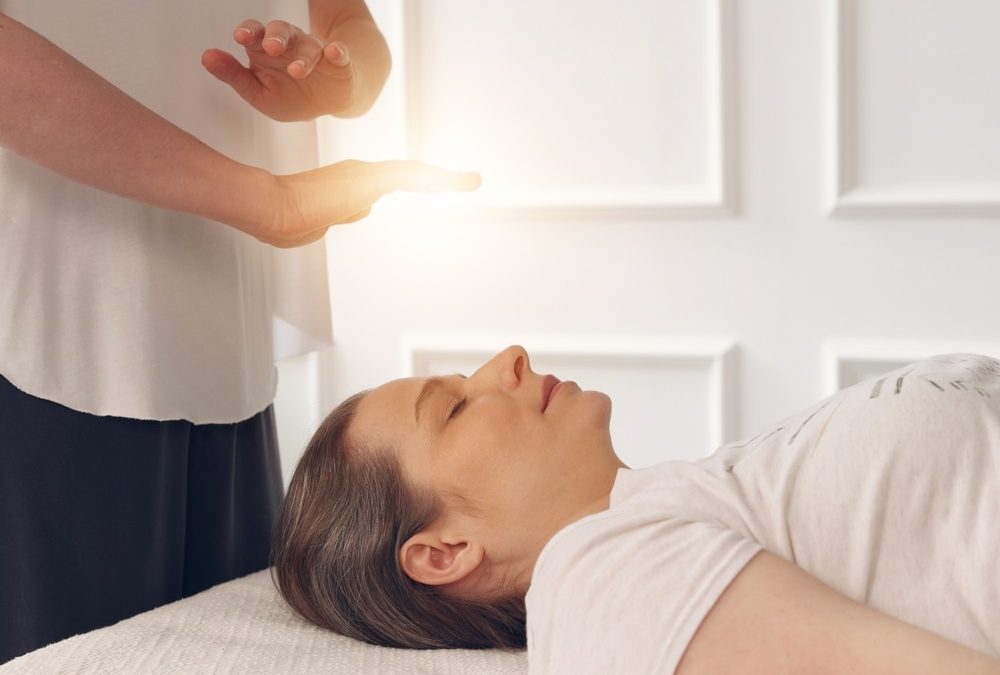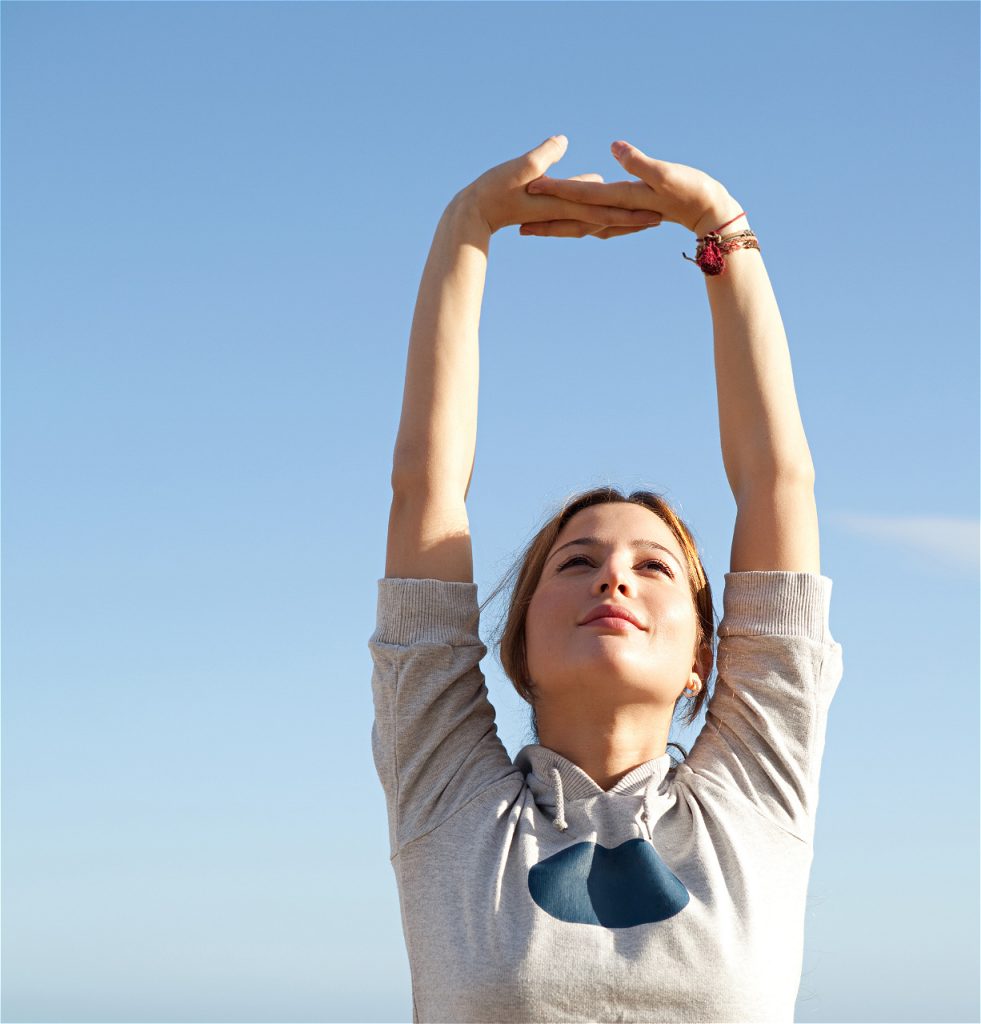Clearer mind makes clear energy. If you’re seeking a clearer mind, a balanced body, and a more connected spirit, this guide is your starting point. True wellness begins with clarity—mentally, emotionally, and energetically. By building a clearer mind, cultivating presence, protecting energy, and deepening connection, you can live with intention and purpose.
This holistic framework acts like an operating manual you can apply daily and refine weekly.
Contents
The Five Pillars of Clarity and Connection
1. Clearer Mind (Mental Clarity)
Goal: Achieve fewer distractions, sharper focus, and better decisions.
How to Build a Clearer Mind:
- Single source of truth: Capture all tasks, ideas, and notes in one place.
- Daily mind sweep: Spend 5–10 minutes listing unfinished tasks, unresolved conversations, and worries. Decide to do, delegate, schedule, or delete.
- Rule of 3: Each morning, choose 3 outcomes that define a successful day.
- Anti-rumination loop: When spiraling, write the specific fear, ask “What’s in my control?” and take one small step.
- Breath-based attention training: 10 minutes daily—inhale 4, exhale 6, return focus when it drifts.
- Information diet: Limit news/social checks. Turn off nonessential notifications.
Environment for a Clearer Mind:
- Declutter your workspace.
- Use noise control: quiet hours, brown noise, or noise-canceling headphones.
A clearer mind reduces mental clutter, increases creativity, and makes decision-making easier.
2. Clearer Presence (Embodied Attention)
Goal: Stay calm, grounded, and available in each moment.
Practices for Presence:
- One-minute resets between tasks: deep breaths + posture check.
- Monotask work blocks (25–50 minutes) with reflection.
- Sensory anchoring: focus on breath, feet, or temperature on skin.
- Rituals before meetings: pause, breathe, set intention.
Presence tomorrow begins today—with light, movement, and mindful caffeine use.
3. Clear Energy (Nervous System & Energetic Hygiene)
Goal: Create resilience, balance, and vitality.
- Prioritize sleep (7–9 hours) and hydration with minerals.
- Eat protein + fiber for stable energy.
- Move daily—steps + strength training.
- Breathwork for calm (4-7-8) or energy (fast inhales).
- Somatic release: shaking, stretching, massage, intentional yawns.
- Boundary hygiene: protect yourself from draining people, clutter, and endless scrolling.
Energy Clearing Options:
- Grounding visualizations.
- Salt baths, sage, or incense.
- Guided energy healing for deeper alignment.
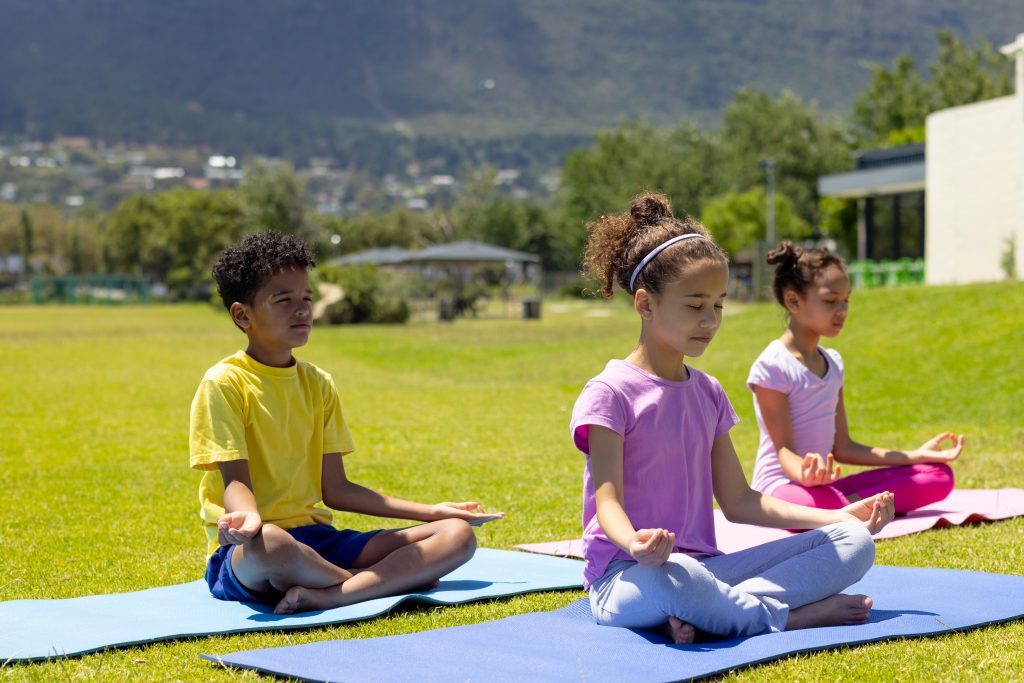
4. Connection (With Self, Others, World)
Goal: Live aligned with values, nurture relationships, and belong to something bigger.
Connection Practices:
- Define 3 values and turn them into actions daily.
- Nightly journaling: What felt true? Where did I abandon myself? What’s one repair?
- Replace constant chatting with meaningful conversations.
- Listen deeply: 70% listening, 30% speaking.
- Weekly belonging practice: service, faith, nature, or community.
Connection amplifies the benefits of a clearer mind by keeping you aligned and supported.
A Simple Daily Blueprint
Morning (20–40 min):
- Light + movement
- 10 mindful breaths
- Rule of 3 priorities
- Protein-rich breakfast + hydration
Midday (10–15 min):
- One-minute reset
- Monotask sprint
- Walk or stretch
Evening (20–30 min):
- Mind sweep + tomorrow’s first step
- Journaling or gratitude practice
- Devices off 1 hour before bed
A structured day reinforces a clearer mind and sets the foundation for presence and energy.

Energy Healing for a Clearer Mind and Balanced Energy
Working with an experienced energy healer can accelerate clarity. Energy healing helps you:
- Release emotional blocks that cloud a clearer mind.
- Balance the nervous system for more calm.
- Strengthen intuition to simplify choices.
Clear Mind, Better Health: Unlocking Mental Clarity Through Mindfulness, Meditation, and Decluttering
Mindfulness: How Can It Improve Mental Health and Focus?
The best way to create balance is by cultivating mindfulness, or the practice of returning to the present moment. When caught in negative thoughts and the stress response, the brain cycles into an endless loop of worry. Mindfulness interrupts this pattern and frees up mental bandwidth, allowing you to focus on important things.
Studies on the primary sensory neocortex show that attention drives synchronization of alpha waves, a process that strengthens clarity and reduces distraction. Practicing mindfulness in different ways—such as eating whole grains, taking a brisk walk, or journaling—improves cognitive function and builds a sense of accomplishment.
The next time you feel overwhelmed, pause, breathe, and notice your surroundings. This simple practice is often the good thing that helps restore a clear mind.
Meditation: Why Is It One of the Most Effective Ways to Reduce Stress?
Among the most powerful tools for stress management, meditation enhances both mental health and physical health. It helps regulate blood pressure, improves better sleep, and reduces chronic pain.
The Journal of Neuroscience highlights that meditation reshapes brain pathways, helping people more effectively process information and make wise decisions. It can be especially helpful for individuals with ADHD, offering calm, structure, and relief from stressful thoughts.
Whether through yoga, visualization, or mindfulness meditation, taking 10 minutes daily provides balance and resilience. Meditation supports clarity, reduces negative thinking, and builds long-term focus.
Clutter: What Role Does It Play in Mental Health and Stress?
Clutter is more than a messy desk—it impacts the brain. A cluttered environment amplifies chronic stress, drains focus, and lowers cognitive function. This creates less mental bandwidth for important things and traps the mind in an endless loop of negative thoughts.
Decluttering is one of the simplest and most effective ways to support both a clear mind and better health. A clean environment reduces tension, improves better sleep, and strengthens your sense of accomplishment.
Pair decluttering with nutrition (balanced meals, whole grains) and physical activity (such as a brisk walk). These practices lower blood pressure, ease chronic stress, and reinforce a calm mental state.
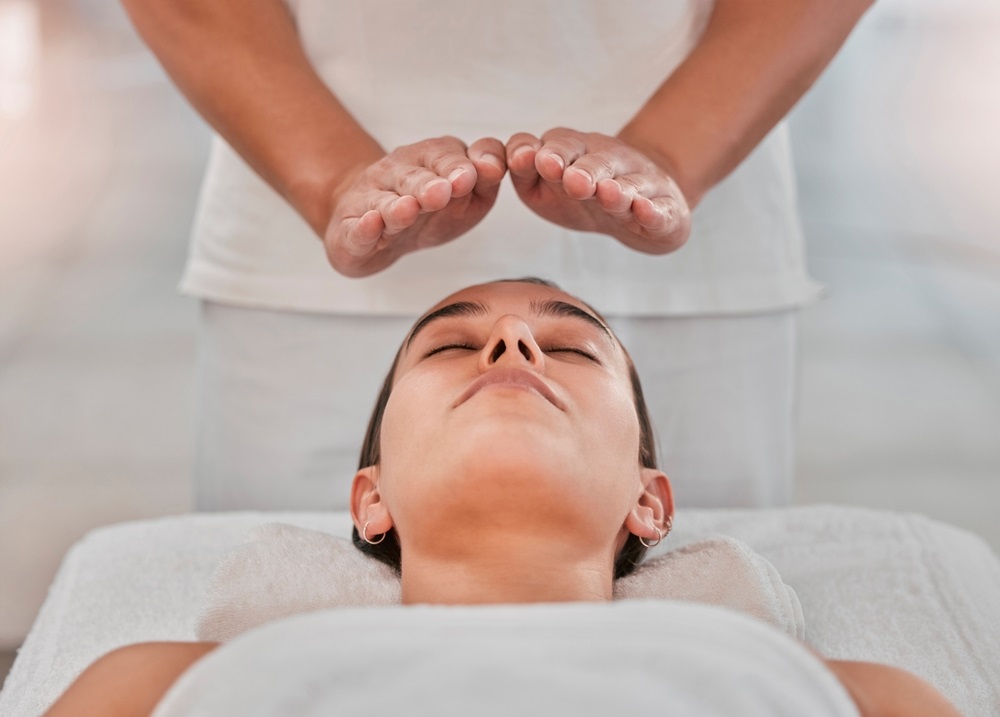
Q&A: Common Questions About Mental Clarity and Stress
Q1: What is the best way to achieve a clear mind during stressful days?
The best way is to combine mindfulness meditation with physical activity and adequate rest. Even a brisk walk or 5 minutes of deep breathing can interrupt stressful thoughts and restore focus.
Q2: Why does meditation improve mental health and cognitive function?
Meditation lowers chronic stress, supports better sleep, and helps the brain process information more efficiently. Studies in the Journal of Neuroscience show how it rewires neural pathways, allowing for wise decisions and reduced negative thinking.
Q3: How does clutter affect mental health and physical health?
Clutter raises blood pressure, reduces focus, and contributes to chronic stress. Decluttering creates mental space, enhances cognitive function, and gives a sense of accomplishment, all of which are vital for long-term well-being.
Q4: What role does nutrition play in stress management and clarity?
Good nutrition—especially including whole grains and balanced meals—supports energy regulation and reduces the body’s stress response. Combined with yoga, meditation, and enough sleep, it helps maintain a clear mind and better physical health.
Q5: How can mindfulness help people with ADHD?
Mindfulness builds awareness of the present moment and helps break cycles of negative thoughts. For people with ADHD, it improves focus, reduces stressful thoughts, and enhances overall mental health.
Conclusion
A clearer mind isn’t just about thinking better—it’s about living better. With the right practices, you can reduce distractions, strengthen focus, and create lasting clarity. Pairing this with embodied presence, balanced energy, and meaningful connection gives you a holistic framework for well-being.
Remember:
- Clarity comes from focus and simplification.
- Presence comes from mindful resets.
- Energy comes from sleep, breath, and boundaries.
- Connection comes from aligning with values and relationships.
When you cultivate a clearer mind alongside presence, energy, and connection, you create space for a life that feels intentional, grounded, and deeply fulfilling.
